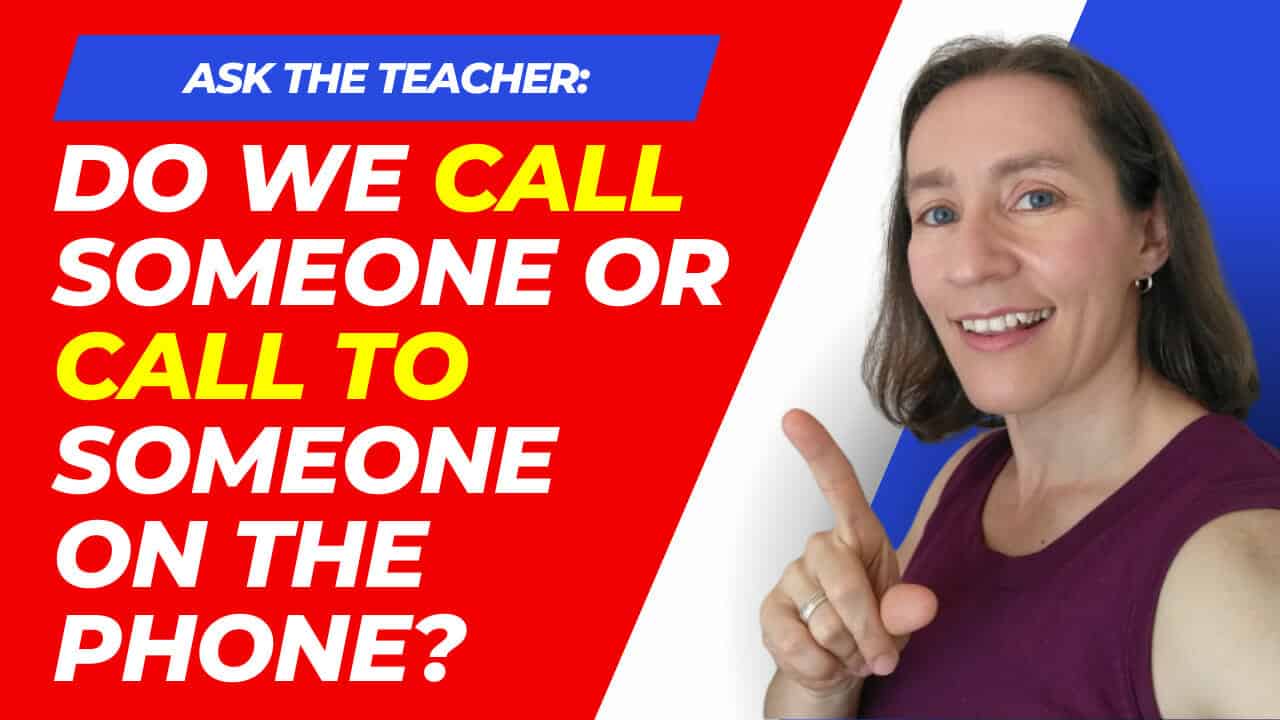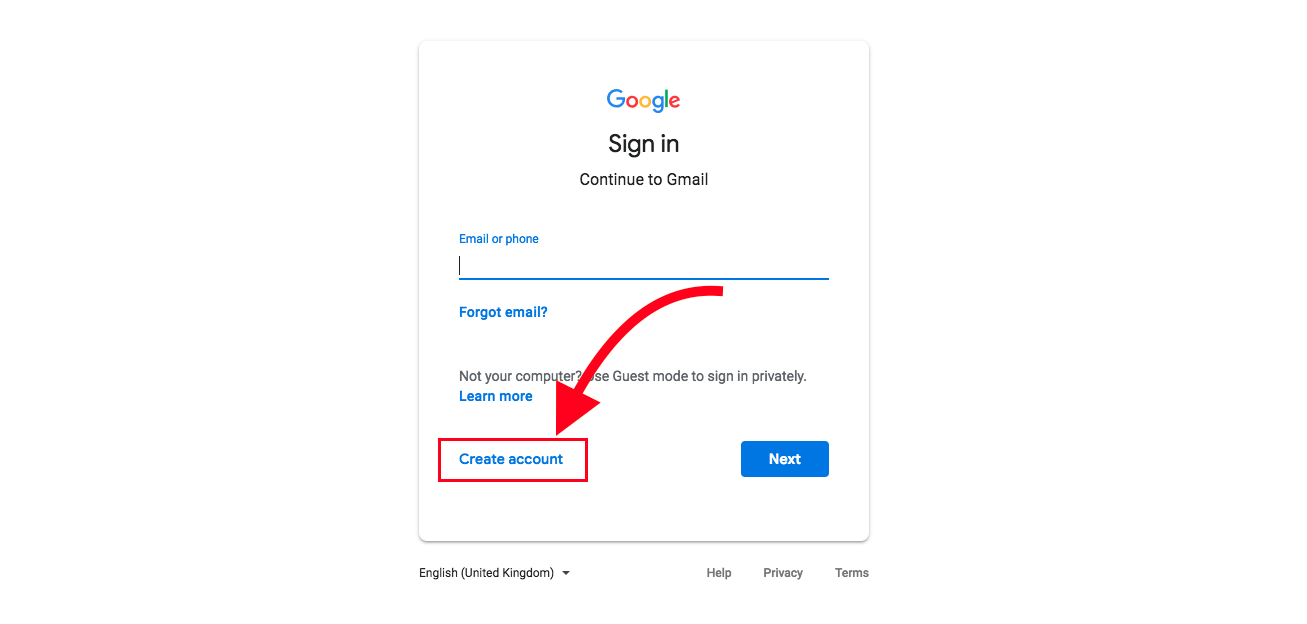In today's digital world, calling someone privately has become an essential aspect of maintaining confidentiality and security in personal and professional communication. Whether you're sharing sensitive information or simply want to ensure your privacy, understanding how to call someone privately is crucial. This article will explore the best practices, tools, and strategies to help you achieve secure communication.
As technology continues to evolve, so do the methods for protecting your privacy. From encrypted phone calls to virtual private numbers, there are numerous ways to ensure that your conversations remain private and secure. In this guide, we will delve into the importance of private communication and provide actionable steps to help you safeguard your information.
This article will also cover various tools, apps, and techniques that you can use to call someone privately. By the end of this guide, you will have a thorough understanding of the options available to you and how to implement them effectively. Let's dive in!
Read also:Amanda Fuller The Rising Star In The Entertainment Industry
Table of Contents
- The Importance of Calling Someone Privately
- Tools for Secure Communication
- Best Apps for Private Calls
- Methods to Call Someone Privately
- Understanding Call Encryption
- Maintaining Privacy During Calls
- Potential Risks and How to Avoid Them
- Tips for Secure Communication
- The Future of Private Communication
- Conclusion
The Importance of Calling Someone Privately
In a world where data breaches and cyber threats are becoming increasingly common, ensuring the privacy of your communication is more important than ever. Calling someone privately not only protects your personal information but also ensures that sensitive conversations remain confidential.
Private calls are particularly important for individuals who handle sensitive information, such as healthcare professionals, financial advisors, and legal practitioners. For these professionals, maintaining privacy is not just a matter of convenience but also a legal obligation under YMYL (Your Money or Your Life) guidelines. By using secure communication methods, you can protect yourself and those you communicate with from potential threats.
Why Privacy Matters
Privacy is a fundamental right that should not be compromised. When you call someone privately, you ensure that:
- Your conversations are not intercepted by unauthorized parties.
- Sensitive information is protected from hackers and cybercriminals.
- Your personal data remains secure and is not misused.
Tools for Secure Communication
There are several tools available that can help you call someone privately. These tools use advanced encryption techniques to ensure that your conversations remain secure. Below are some of the most popular tools for private communication:
Encrypted Phone Services
Encrypted phone services offer a secure way to make private calls. These services use end-to-end encryption, which ensures that only the sender and recipient can access the conversation. Some of the top encrypted phone services include:
- Signal
- Telegram
Virtual Private Numbers
Virtual private numbers allow you to make calls without revealing your actual phone number. This is particularly useful for individuals who want to maintain their privacy while communicating with others. Some popular virtual private number services include Google Voice and Burner.
Read also:Diana Ross Family A Comprehensive Look Into The Life And Legacy
Best Apps for Private Calls
Several apps are specifically designed for private communication. These apps offer features such as end-to-end encryption, secure messaging, and anonymous calling. Below are some of the best apps for private calls:
Signal
Signal is one of the most popular apps for private communication. It offers end-to-end encryption for both calls and messages, ensuring that your conversations remain secure. Additionally, Signal does not store any metadata, making it an ideal choice for individuals who prioritize privacy.
WhatsApp is another popular app for private communication. It offers end-to-end encryption for all calls and messages, ensuring that your conversations remain private. WhatsApp also allows you to verify the encryption keys of your contacts, adding an extra layer of security.
Methods to Call Someone Privately
There are several methods you can use to call someone privately. These methods vary in complexity and level of security, so it's important to choose the one that best suits your needs. Below are some of the most effective methods for private communication:
Using Encrypted Apps
Using encrypted apps is one of the simplest and most effective ways to call someone privately. These apps offer end-to-end encryption, ensuring that your conversations remain secure. Additionally, many encrypted apps offer additional features such as secure messaging and anonymous calling.
Using Virtual Private Numbers
Using virtual private numbers is another effective way to call someone privately. These numbers allow you to make calls without revealing your actual phone number, ensuring that your identity remains anonymous. Some virtual private number services also offer additional features such as call forwarding and voicemail.
Understanding Call Encryption
Call encryption is a crucial aspect of private communication. It involves encoding your conversations so that they can only be accessed by the intended recipient. There are several types of call encryption, each offering different levels of security. Below are some of the most common types of call encryption:
End-to-End Encryption
End-to-End encryption is the most secure type of call encryption. It ensures that only the sender and recipient can access the conversation, making it ideal for private communication. Many popular apps, such as Signal and WhatsApp, use end-to-end encryption to protect their users' conversations.
Transport Layer Encryption
Transport layer encryption is another common type of call encryption. It encrypts data as it travels between devices, ensuring that it cannot be intercepted by unauthorized parties. While not as secure as end-to-end encryption, transport layer encryption still offers a high level of protection.
Maintaining Privacy During Calls
Maintaining privacy during calls requires more than just using secure communication tools. It also involves adopting good privacy practices and being aware of potential threats. Below are some tips for maintaining privacy during calls:
Avoid Using Public Wi-Fi
Public Wi-Fi networks are often unsecured, making them vulnerable to hackers and cybercriminals. To maintain privacy during calls, avoid using public Wi-Fi networks and use a secure connection instead.
Use Strong Passwords
Using strong passwords is essential for maintaining privacy during calls. Ensure that your devices and communication tools are protected with strong, unique passwords that cannot be easily guessed.
Potential Risks and How to Avoid Them
While calling someone privately offers numerous benefits, there are also potential risks that you should be aware of. Below are some of the most common risks associated with private communication and how to avoid them:
Data Breaches
Data breaches can compromise your privacy and expose your sensitive information. To avoid data breaches, ensure that you use secure communication tools and adopt good privacy practices.
Malware and Spyware
Malware and spyware can intercept your calls and steal your sensitive information. To avoid malware and spyware, ensure that your devices are protected with up-to-date antivirus software and avoid downloading suspicious apps or files.
Tips for Secure Communication
Secure communication requires a combination of good practices and effective tools. Below are some tips for ensuring that your communication remains secure:
Regularly Update Your Devices
Regularly updating your devices ensures that they are protected against the latest threats and vulnerabilities. Ensure that your operating system, apps, and communication tools are always up to date.
Be Cautious with Links and Attachments
Be cautious when clicking on links or downloading attachments, especially from unknown sources. These can contain malware or spyware that can compromise your privacy.
The Future of Private Communication
The future of private communication looks promising, with advancements in technology and increased awareness of privacy issues. As more individuals and organizations prioritize privacy, we can expect to see more innovative solutions and tools for secure communication.
In the coming years, we may see the development of new encryption techniques, advanced privacy features, and more user-friendly tools for private communication. Additionally, increased regulation and legislation may help protect individuals' privacy rights and ensure that their information remains secure.
Conclusion
Calling someone privately is essential for maintaining confidentiality and security in personal and professional communication. By using secure communication tools, adopting good privacy practices, and being aware of potential risks, you can ensure that your conversations remain private and secure.
We hope this guide has provided you with valuable insights into the world of private communication. To learn more about this topic, feel free to explore our other articles or leave a comment below. Don't forget to share this article with your friends and colleagues who may also benefit from it!
Thank you for reading, and remember to always prioritize your privacy and security in all your communication!


